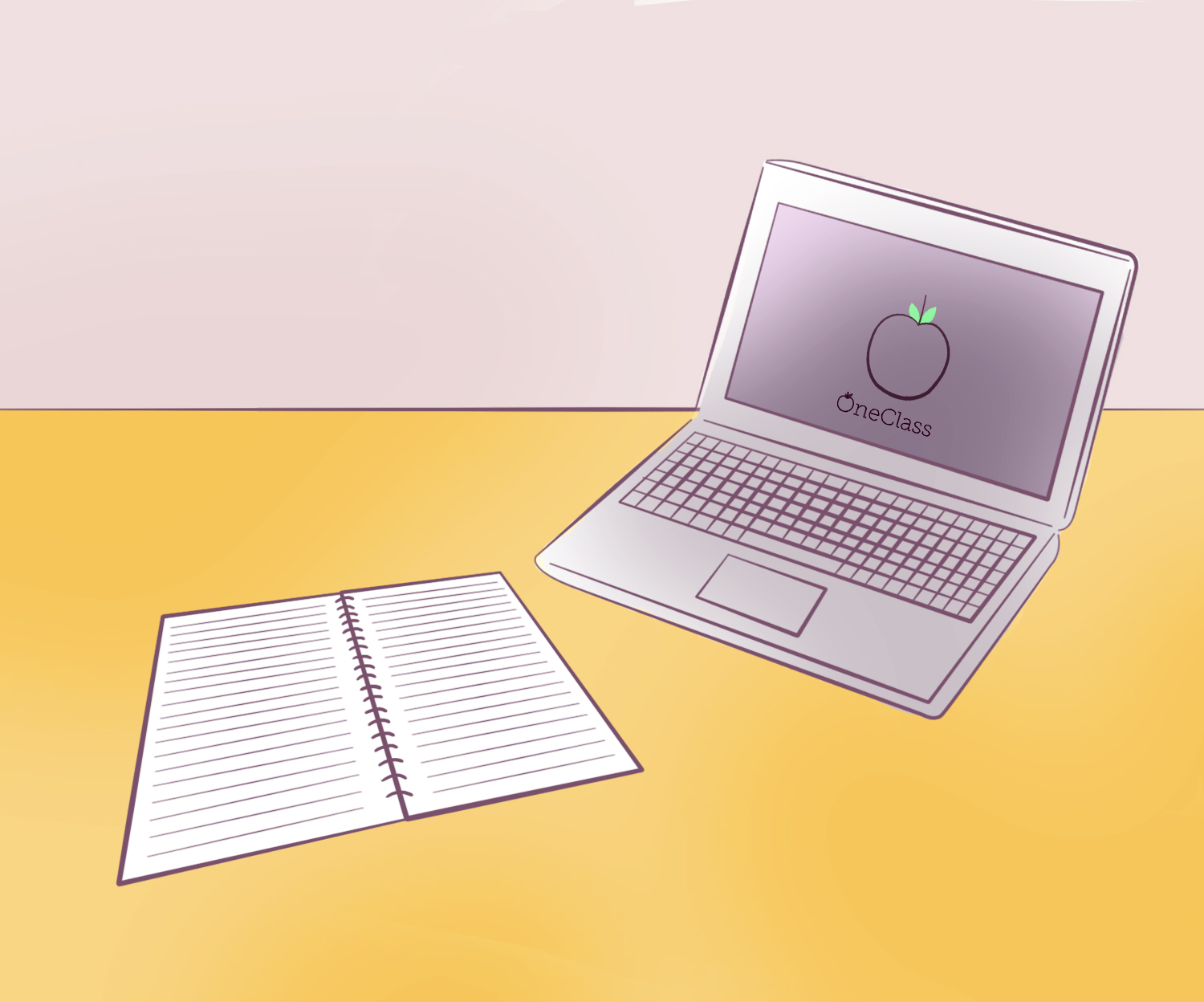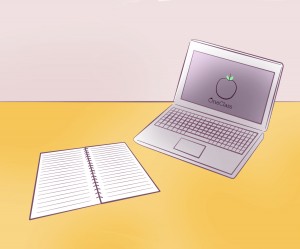Ethics of sharing notes in online forums


Students sharing notes is not anything new. But with the increasing popularity of note-sharing sites where students can post and access notes in a more public setting, certain responsibilities — that students may or may not be aware of — are incurred.
OneClass, as an example, classifies itself as an educational community that provides notes, tutorials and study packs to students from universities in Canada, the United States, Australia and New Zealand. Its terms express that its purpose is for students to contribute “self-created lecture notes, materials and works” for other users to access.
Shereen Rowe, university secretary and general counsel, explained that if the notes truly are “self-created” they probably don’t infringe on copyright. But when it comes to note-sharing sites, there is an extreme grey area.
“What needs to be really clear is that students can’t post material that they don’t own the copyright on,” she said.
“The biggest problem with any note-sharing site is that students, as I understand it, often post materials where there is copyright and it is owned either by the faculty member who created the notes or in some cases from publishers where material that is posted comes from a textbook or a published source that the faculty has used.”
In its terms, OneClass puts the responsibility on students for ensuring that their notes don’t contain copyright infringement. Simply by submitting content to the site, users are agreeing to the claim that they are the owner of the material in their notes. By the time of publication, OneClass had not responded to a request for an interview.
However, as Rowe pointed out, it’s not the university’s responsibility to police what resources students are accessing online.
Deborah MacLatchy, VP: academic and provost, explained that the university only becomes involved if they are notified that some misconduct may be going on.
“My personal opinion is there’s no substitute to going to class and being a participant in the process,” said MacLatchy.
Bruce McKay, associate professor of psychology, related trying to control such sites to playing a game of “whack-a-mole,” as note-sharing sites will continue to pop up regardless of action taken against them.
“Rather than deal with these sites, what we need to deal with is the demand for the sites,” he said.
He explained that it comes back to courses students are taking. If a course is structured in a way that requires simple memorization and regurgitation, students will access these sites because they cater well to that style of learning.
“But if the courses are more than that then sites are useless. So rather than play that whack-a-mole game and getting these sites down whether they are legal or not, having properly designed courses that don’t rely purely on just recall of information as the only form of learning, that would be a way to deal with it.”
Another problem with the sites, McKay explained, is that many of the notes posted for his course, Drugs and Behaviour, contained mistakes.
“You’re really running the risk of reading someone’s garbage basically, and using that on your tests and incorporating it in your essays.”
Jeremy Hunsinger, an assistant professor of communication studies at Laurier, encourages his students to share their notes with each other.
“I don’t mind them sharing online,” he said. “I’d rather they build the personal relationship though. You learn better from other people than their notes.”
Ultimately, however, he said he doesn’t have a problem with sites like OneClass.
In the end, Rowe explained, it’s the responsibility of all members of the university to ensure copyright legislation and university policy is followed.
“Students need to be careful before they just transfer material to a site like that. There may be the need to consider whether they’re entitled to do that.”


